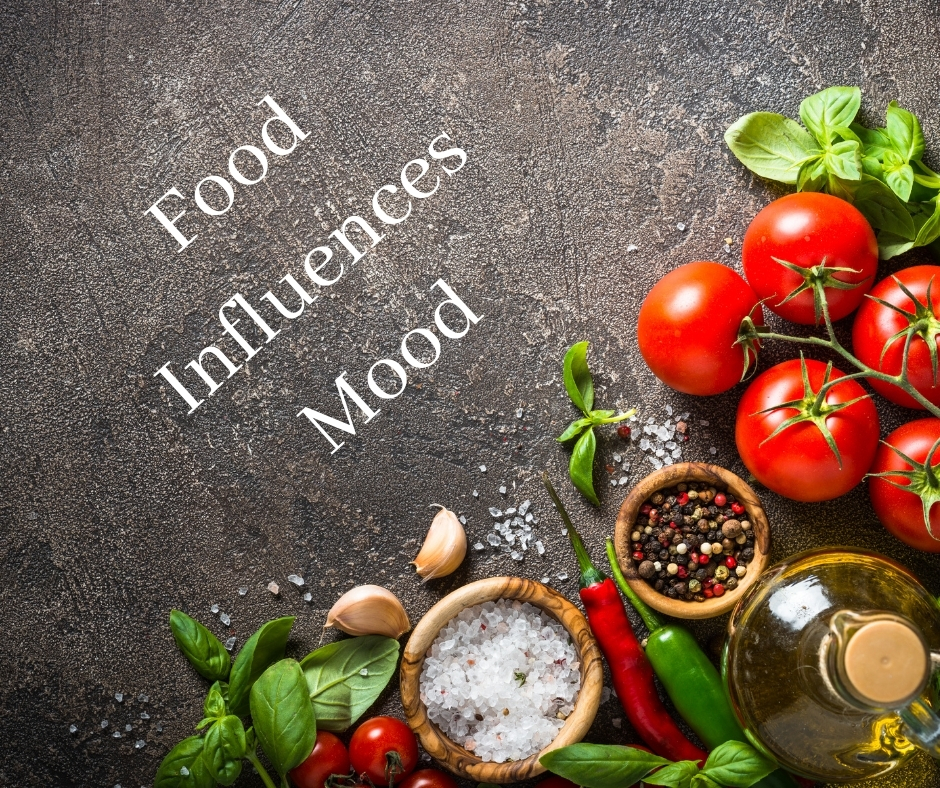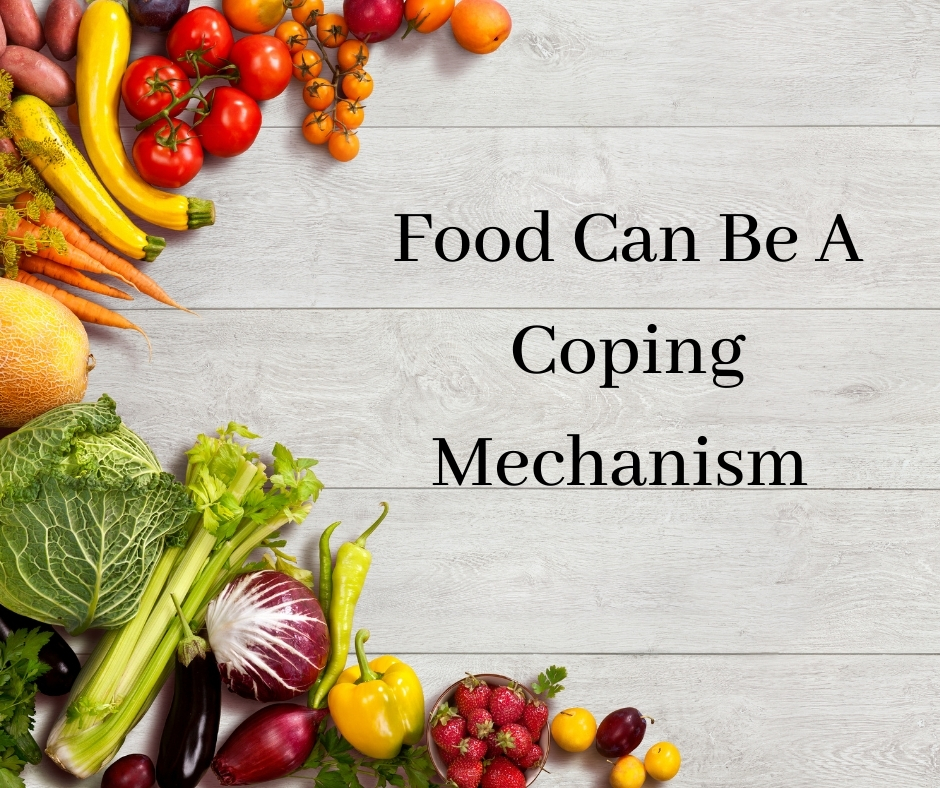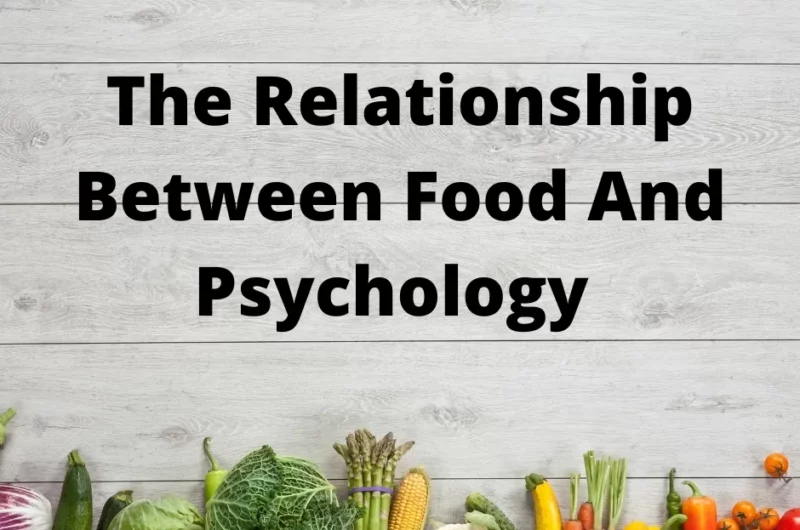Food and mood are closely connected. The behavior of eating is a daily survival tactic. However, eating food involves much more than shoveling food in your mouth.
As functioning individuals, we can decide what we want to eat. We also decide when we want to eat it, and how many servings we consume. However, the question we often overlook is how will eating this food make me feel?
What Is Food
Food is necessary to sustain growth and development. Any nutritious substance eaten by people or animals is considered food. Food also encompassed compounds absorbed by plants.
Nutrients are substances found in food. They are essential to our survival as they keep us healthy by supplying us with energy.
Additionally, nutrients provide us with amino acids. Amino acids are essential for growth and repair. They also provide other compounds necessary for chemical processes to occur.
While all foods contain some form of nutrients, all foods are not created equal. Foods such as vegetables, fruits, and lean meats contain healthy amounts of nutrients. In contrast, others, such as processed foods, have little to no nutrients. So it is imperative that you choose your foods carefully.
What Is Psychology
Psychology is the study of human behavior. Psychology focuses on the conscious and non-conscious factors. These factors determine how and why people make decisions.
Past And Present Perceptions Of Food
Our ancestors viewed food as a necessity. Food was considered an energy source and a nutrient source. Though we still consume food for these reasons, things are slightly different now.
Western societies have a bountiful supply of food that is widely accessible. At present, we can choose the foods we want to eat.

The Relationship Between Food And Mood
Whether you believe it or not, food influences how we feel. What we consume directly impacts our mood.
After all, eating is a fundamentally rewarding behavior. So it is intrinsically associated with our mood and emotions.
Every time a plate of food is placed in front of us, we form food associations. Food associations are assigning emotions or feelings to a specific food.
For example, comfort foods include fried chicken, meatloaf, and mac and cheese. Comfort foods bring about nostalgic feelings about our childhood and home-cooked foods.
Aesthetics can have an impact on emotions. How food is styled on a plate, the flavor, and the aroma can invoke emotions such as happiness or sadness. However, according to research, food’s flavor and aroma are associated with emotions more than eating with your eyes.
The goal of consuming food is to sustain the body with nutritious food. What you eat can affect your health, mood, and quality of life, especially if you are unaware of the relationship between food and mood.
Factors That Affect Our Feelings About Foods
Several factors influence how we feel about food. For example, culture, food production, and family affect our feelings about food. Additionally, these factors can also determine our eating behaviors.
Culture
Culture refers to the beliefs, arts, customs, laws, social behavior, and norms of a group of people. Food has its own culture. Food culture is a subsystem within the culture. Food culture is the customs, attitudes, beliefs, and systems surrounding food. It involves producing, distributing, and consuming food.
Cultural differences influence how foods are prepared and eaten. For example, every country has its own food culture. For example, Bahamian food uses starches like rice, vegetables, fish, and peppers. In contrast, French food uses butter, wine, cream, fresh herbs, and chocolate.
Family And Social Influences
Family can influence or condition us to consume certain kinds of foods. The kinds of foods introduced to you by your family as a child will likely be the food you consume as an adult.
If you ate a lot of greasy processed foods as a child, your diet as an adult would likely consist of processed foods. If you ate healthy foods like vegetables as a child, your diet would likely consist of these foods as an adult.
Moreover, food is the pinnacle of social interaction. After a wedding, there is a reception. After a funeral, there is a repass. It’s almost like a form of communication.
It does not even have to be a special event. We sit around the dinner tables, eating dinner with our families every day. We discuss the daily events that happened.
Food Production
Marketing and sales strategies heavily influence the type of foods people consume. Food marketing uses persuasive techniques to influence food attitudes, preferences, and consumption.
One study evaluated the priming effects of advertising on eating behaviors. They found children ate 45% more after seeing food advertisements.
Individual
Every individual is different. One person may love vegetables, and another person may hate them. Different flavors and aromas appeal to different senses.
Food choice depends on the individual’s preference. Taste is an essential factor for those who have high-fat diets. Fat not only creates texture but it enhances the aroma of foods. In contrast, a person may consume a low-fat diet for health reasons such as weight management.

Psychological
As mentioned above, food affects your mood. Sometimes, individuals use food as a coping mechanism. Coping mechanisms are tools people use to manage stress, trauma, and painful emotions.
Food can help individuals manage feelings like boredom, anxiety, or stress. Additionally, food may also invoke feelings of happiness.
Coping mechanisms are a temporary solution to the problem. Food will not address the issue. Using food to cope with your emotions can induce feelings of regret or guilt. Using food as a coping mechanism can lead to undesired weight gain. It may also lead to high blood sugar and cholesterol levels and hypertension.
In Summation
Though it seems like two separate disciplines, food and psychology are closely related. Food affects our mental health. It can change your mood before and after ingestion. So we must choose the foods we eat carefully to have a healthy mind and body.






